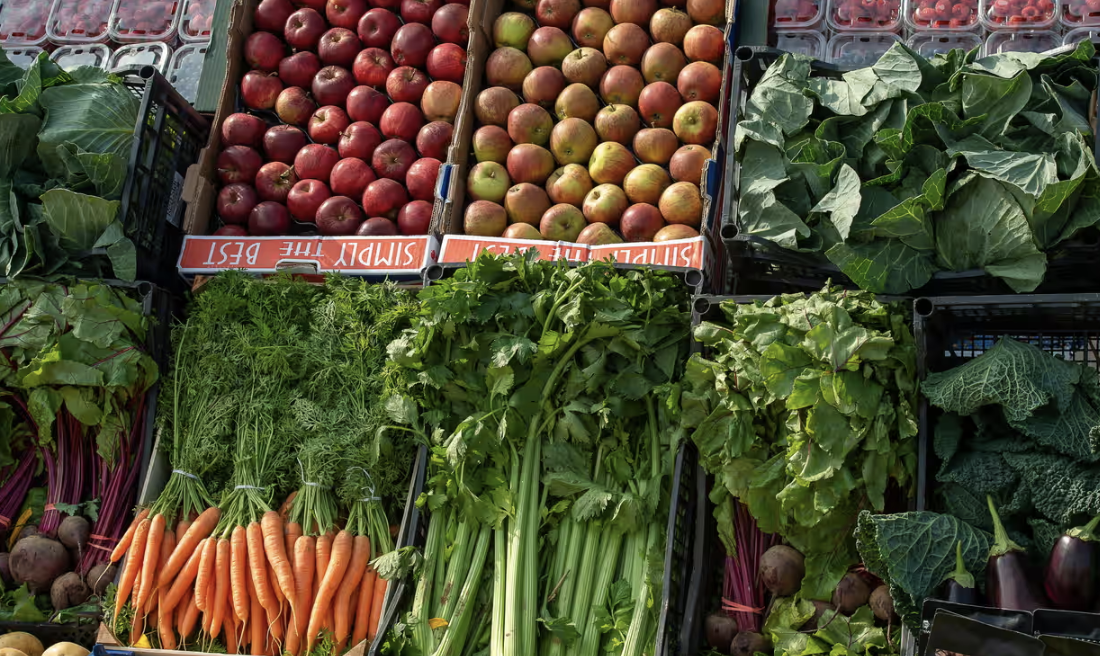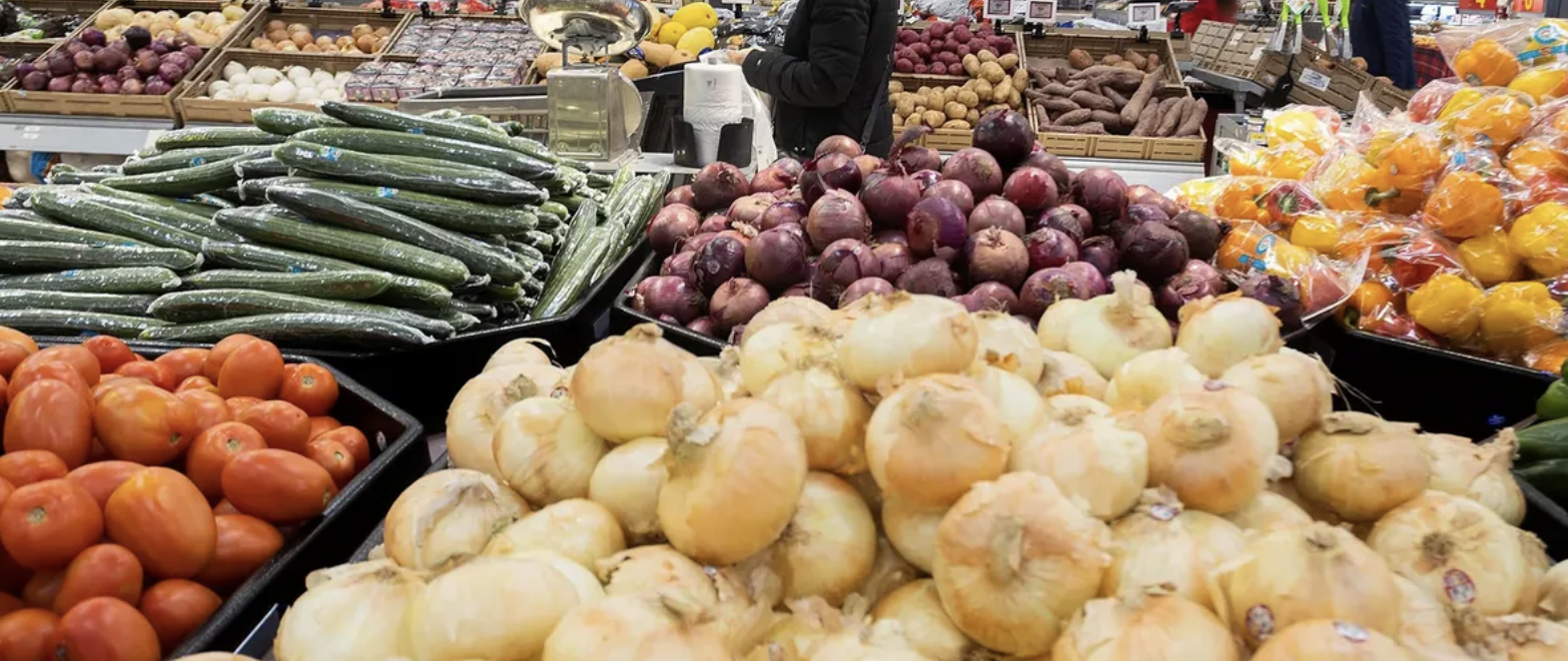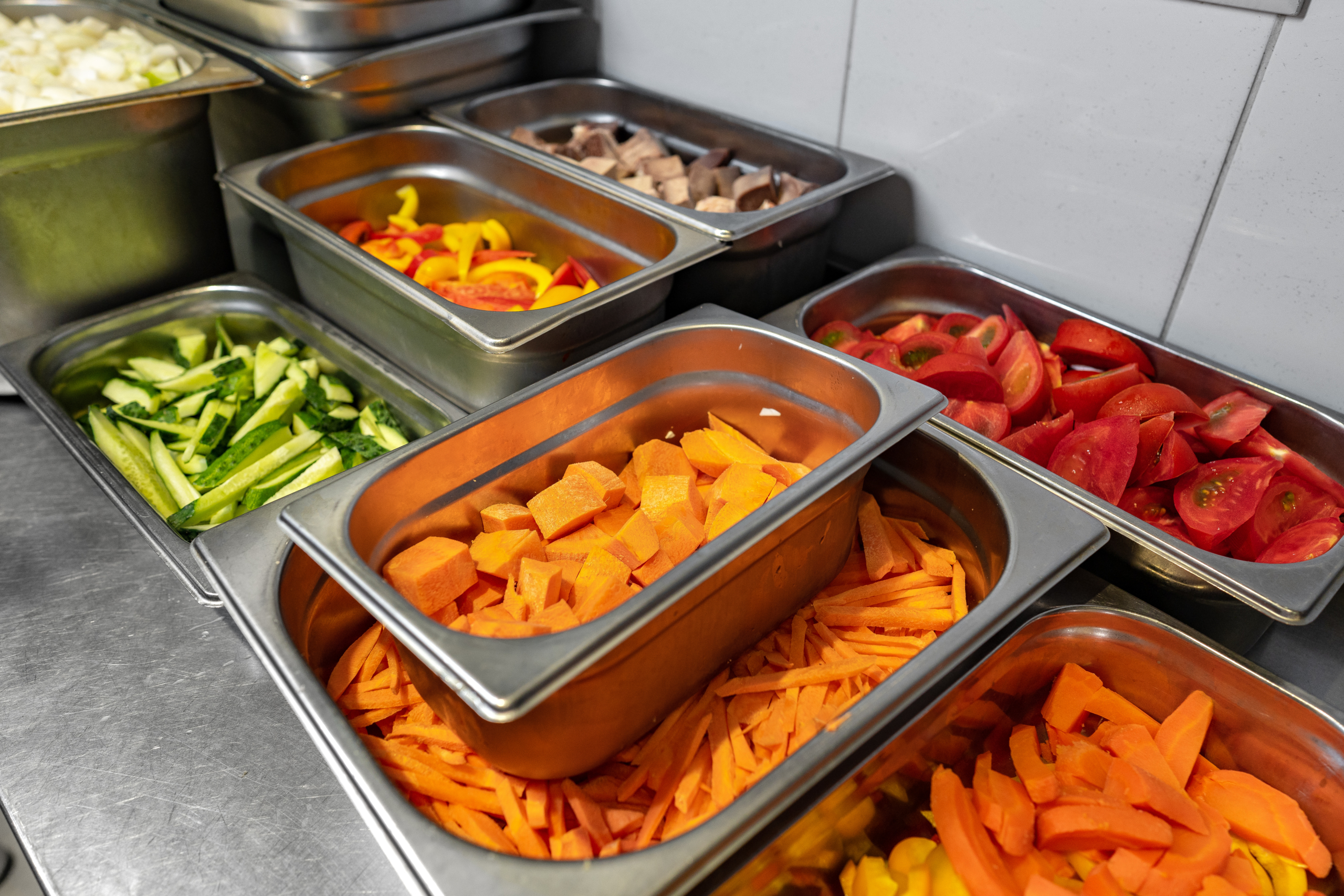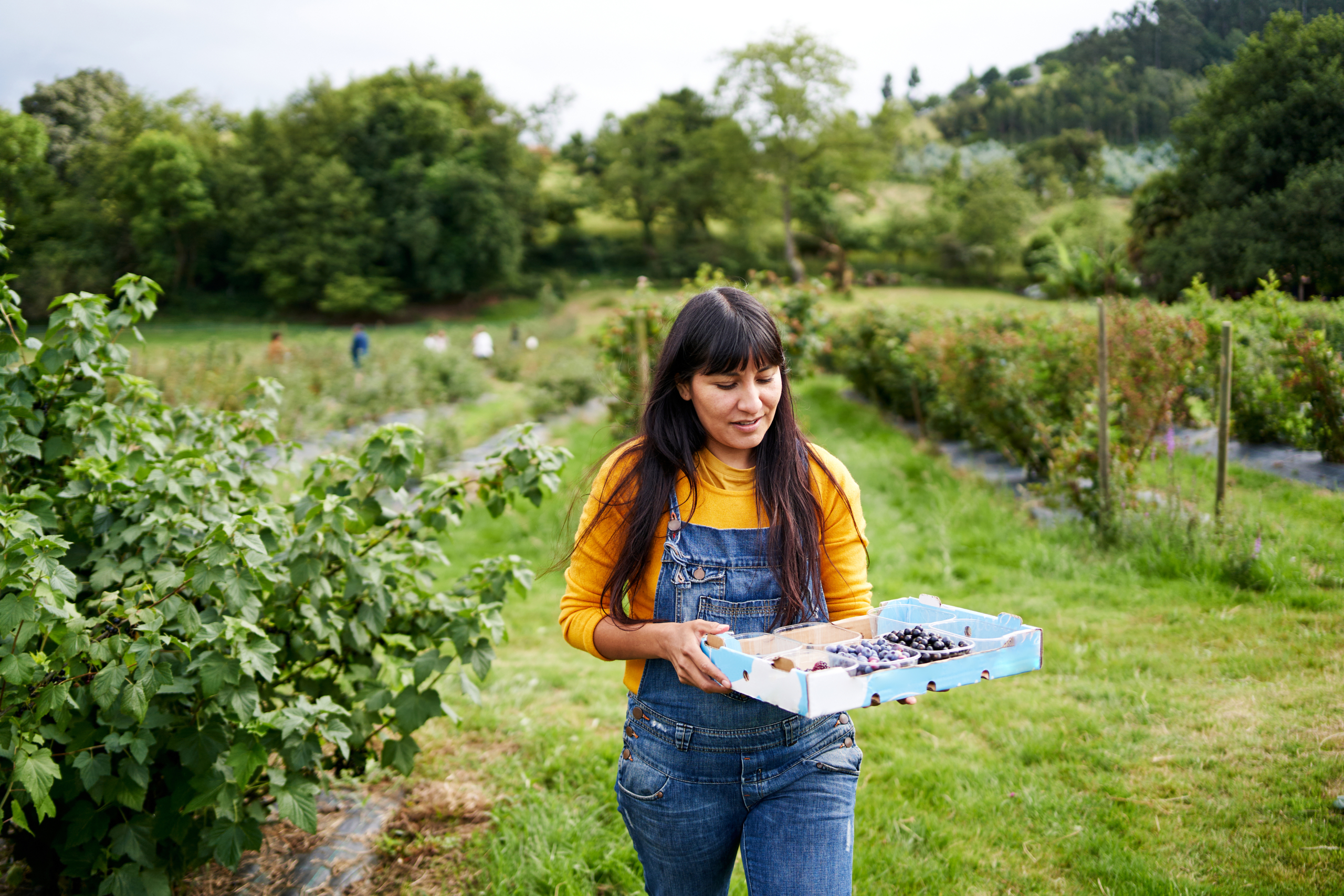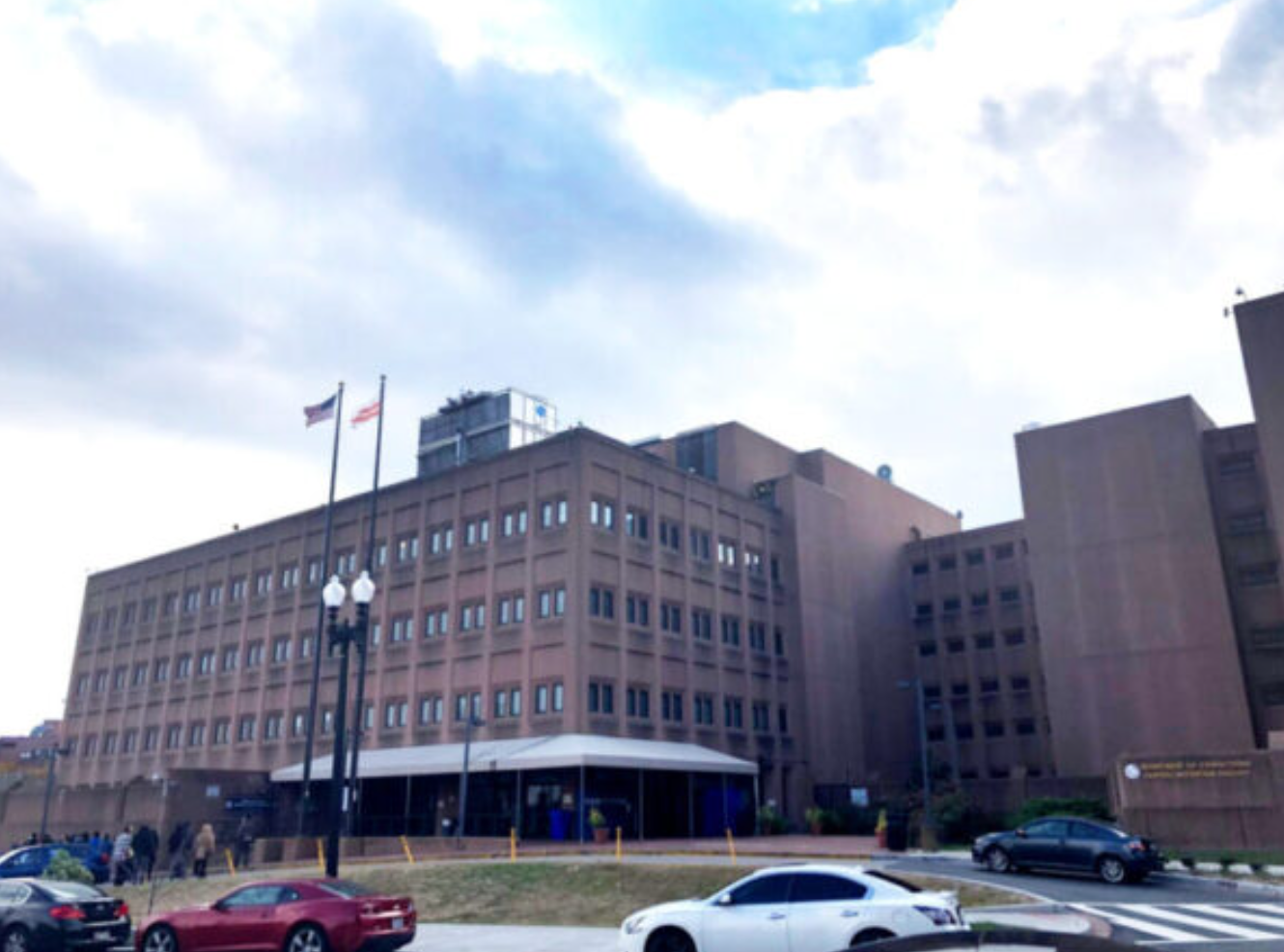It’s not about transportation miles, but about bringing transparency to how our food is produced, says Noah Cohen-Cline
Cecilia Nowell’s article on the environmental impact of local food offers helpful analysis, but relegates the most important points to the final section (Is eating local produce actually better for the planet?, 7 June). The best argument for eating local is not to save transportation miles, it is to change our relationship with how food is grown and who benefits.
Americans spend around $1tn (£800bn), on food annually, but in the prevailing system we have no hope of understanding where our food comes from, what environmental practices were used in its production or how workers are treated along the way – because long, hyperspecialised supply chains make these aspects opaque. Reinvigorated local and regional food economies can create transparency and the opportunity to understand how our food is grown and what impact it is having.
Choosing to buy locally sourced food when possible – whether as an individual consumer or a school district serving thousands of children – is one way we can vote with our money for a more transparent and accountable system. Nowell makes the important point that just because a farm is “local” doesn’t mean it has good environmental and labour practices. In the US, frameworks such as the Good Food Purchasing Program are helping cities assess the multifaceted impact of food they buy, and prioritise food that builds value for society.
Noah Cohen-Cline
Director, Food Initiative, the Rockefeller Foundation
Photograph: Maureen McLean/Rex/Shutterstock


